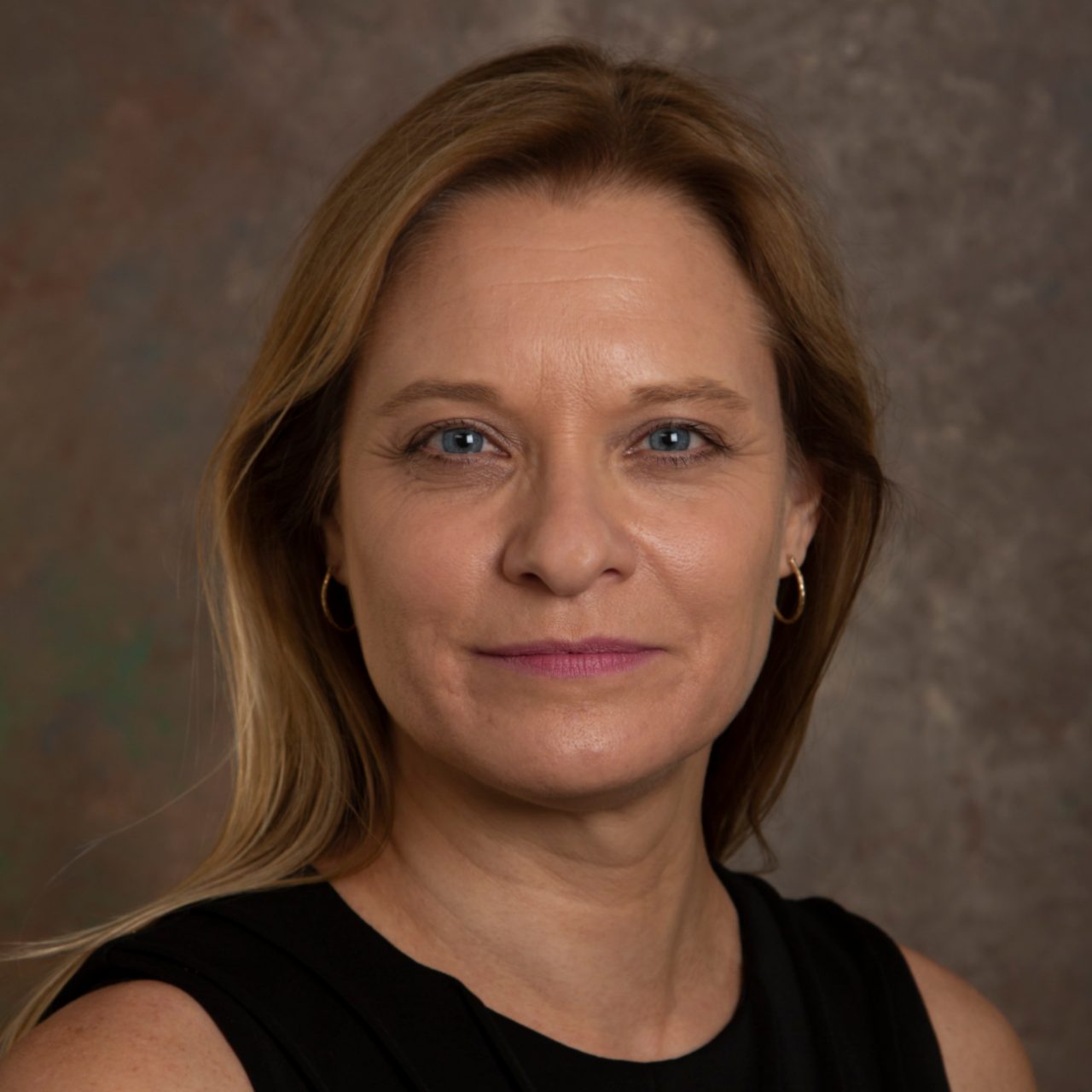
Department Chair's Welcome Statement

Welcome to the Department of Animal and Food Sciences, College of Agriculture and Natural Resources, where high-quality programs intersect with a dynamic living and learning laboratory on a 350-acre working farm! We help provide the world with a safe, affordable, and sustainable food supply, as well as improve the health and well-being of domestic animals. We are highly active in the One Health Initiative which focuses on addressing the combined needs of animals, humans, and the environment. Our department offers both undergraduate and graduate programs that prepare students for success in the animal and food science professions — job markets that are expected to grow over the next seven years according to the U.S. Department of Labor. In particular, the acceptance rate of our Pre-Veterinary Medicine undergraduates applying to veterinary school is twice the national average! Many of our students pursue advanced degrees in the Animal and Food Science disciplines to become outstanding leaders at institutes of research, academics, and extension, as well as industry.
The University of Delaware campus is friendly, safe, and beautiful with easy access to public transportation. Come join our program where we are passionate about teaching and supporting your personal development.
Sincerely,
Chairman and Professor
Our programs provide unique, hands-on training in the largest classroom at the University of Delaware – the farm, and a retail creamery and Food Science test kitchen. We have numerous internships at veterinary clinics and state-of-the-art research facilities, study abroad opportunities for global perspectives on food and animal production, and opportunities for interdisciplinary training. Our Extension programs provide world-class expertise in poultry disease monitoring, prevention, diagnosis and emergency response management; innovative technologies that ensure safe food processing and products; and education and training for sustainable food animal production — especially dairy and poultry — as well as healthy eating (community nutrition). The faculty that instruct your classes are leading scholars in animal nutrition and physiology, immunology, virology, animal production and wellbeing, genomics, food technology, and food safety.
Students take their coursework in a variety of departments to meet their educational and intellectual needs. You may study off-campus, or abroad, as well as in laboratories of affiliated faculty working at other universities or federal research laboratories.
Outstanding teaching and research facilities include the College of Agriculture and Natural Resources farm, Worrilow Hall (currently undergoing a $35million-dollar renovation), the Charles C. Allen Laboratory (specializing in poultry disease research and diagnostics), and the Delaware Biotechnology Institute in Newark. Our new, 3,600-square-foot Charles A. Genuardi ’70 and Patricia Genuardi Food Innovation Laboratory is equipped with a test kitchen that will support teaching, research, and innovation for our food science program that is involved with dairy processing for ice cream and cheese.
Students enjoy access to our farm, as it provides valuable learning experiences with dairy and beef cattle, sheep, horses and poultry. Students also enjoy the benefit of having personalized faculty serve as academic advisors and access to supplemental academic support, if needed. Students are encouraged to attend scientific meetings and present their findings. Internships and UD’s study abroad experiential learning programs are also nationally recognized and give students important insight on prospective employment opportunities and life outside of our country.
Graduate students come from the U.S. and around the world to study with our nationally and internationally recognized faculty on exciting applied and basic research topics. Our department offers the master of science degrees in Animal Science and Food Science and a joint Ph.D. degree in Animal and Food Sciences. Students take their course work in a variety of departments to meet their educational and intellectual needs. Students may study off-campus as well in laboratories of affiliated faculty working at other universities or federal research laboratories.
